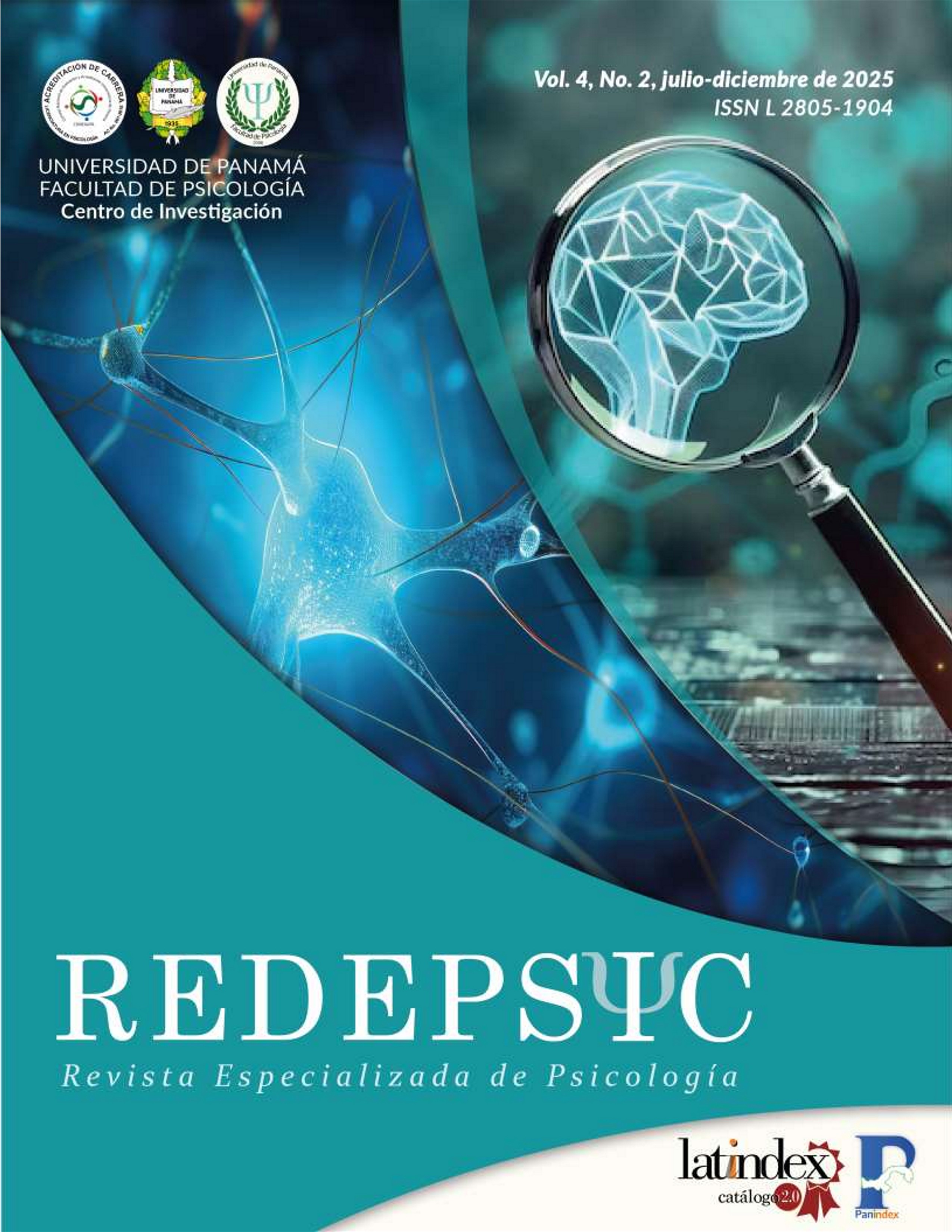

Modern education, especially in psychology, has focused on the constructivist model. Significant improvements have been observed in the use of this model as technology advances and students have access to a wide range of information. This allows students to construct their own knowledge; however, the lack of active participation in acquiring knowledge highlights the importance of good guidance from the teacher. The main objective of this study is to analyze how the constructivist model influences the educational process of psychology students during the academic period from November 2023 to March 2024. Based on this, the specific objectives were generated: Identify, enumerate, and describe the constructivist model in the educational process of psychology students.
An inductive-deductive methodological approach was used to address this problem. While the deductive method focuses on logic and predefined rules to reach specific conclusions, the inductive method relies on specific observations to reach general conclusions. To identify patterns and principles that guide the research, these methods will complement each other. The study used surveys to collect data and student opinions. Direct information was obtained on students' perceptions and experiences with the constructivist method. These results assisted in understanding the effects of the pedagogical method and generated suggestions for more optimal future application. They also indicated that the constructivist model has a significant impact on students' motivation to learn. However, a diversity of opinions was observed, indicating that the constructivist approach may be effective for some students but not as effective for others. The final conclusion was that the constructivist model has a significant impact on the educational process of psychology students during the academic period from November 2023 to March 2024. Based on the above, a considerable number of opinions and experiences were collected, the majority of which indicated an improvement in the respondents' motivation to learn. This suggests that the constructivist approach is effective for students, focusing on fostering their intrinsic motivation, while other students do not perceive significant changes in their motivation.